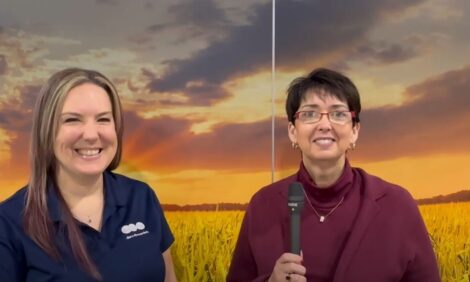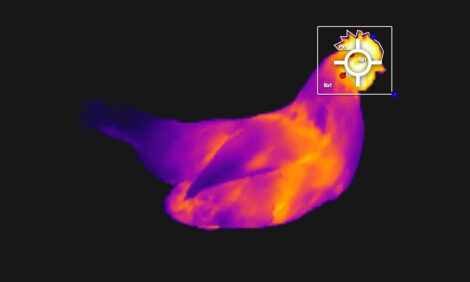



Effects of Paddock Management on Vegetation, Nutrient Accumulation and Internal Parasites in Laying Hens
In terms of grass quality, ease of management and the risk of intestinal worms, Swiss researchers recommend rotating paddock areas for free-range systems and providing a covered area outside the house with wood chips or gravel rather than bare soil.Management of paddocks for free-range layers requires attention from farmers to minimise the potential adverse effects of these systems on bird health (e.g. parasites) and environment (e.g. nutrient accumulation and leaching), according to Veronika Maurer from the Swiss Research Institute of Organic Agriculture (FiBL) in Frick.
In a study published in Journal of Applied Poultry Research co-authored with researchers at FiBL and the University of Zurich, she reports results from two on-farm experiments conducted to investigate the effects of both rotational versus continuous use of the paddocks and of wood chips in the area close to the pop holes (openings to the paddock) with regard to turf quality, nutrient load in the soil and parasite infections.
Rotational use of the hen paddocks led to a lower proportion of bare soil close to the house but not in more distant regions. Covering the area in front of the house with wood chips did not reduce bare areas.
Nitrogen and phosphorus contents in soil were similar in permanently and rotationally used paddocks; they were usually higher close to the house than in distant regions. Neither nutrient accumulated over the observation period.
There was no significant effect of the management regimens on worm burdens (Ascaridia galli, Heterakis gallinarum or Capillaria spp.) at the end of the laying period. Faecal egg counts were significantly reduced on rotationally used paddocks and (in three out of four cases) on paddocks with wood chips in the area close to the pop holes compared with unmanaged paddocks.
Based on the positive effects on turf quality, manageability and helminth egg excretion, Maurer and her co-authors recommend rotational paddock management and a permanently used, small all-weather run covered with wood chips or gravel for free-range layer flocks.
Reference
Maurer V., H. Hertzberg, F. Heckendorn, P. Hördegen and M. Koller. 2013. Effects of paddock management on vegetation, nutrient accumulation, and internal parasites in laying hens. J. Appl. Poult. Res. 22(2):334-343. doi: 10.3382/japr.2012-00586
Further Reading
You can view the full report (fee payable) by clicking here.
Find out more about the intestinal parasites mentioned by clicking here.
August 2013








